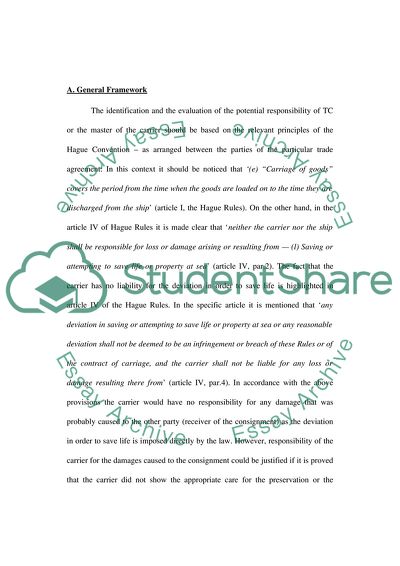Cite this document
(Law of International Carriage by Sea Research Paper, n.d.)
Law of International Carriage by Sea Research Paper. Retrieved from https://studentshare.org/law/1715344-law-of-international-carriage-by-sea
Law of International Carriage by Sea Research Paper. Retrieved from https://studentshare.org/law/1715344-law-of-international-carriage-by-sea
(Law of International Carriage by Sea Research Paper)
Law of International Carriage by Sea Research Paper. https://studentshare.org/law/1715344-law-of-international-carriage-by-sea.
Law of International Carriage by Sea Research Paper. https://studentshare.org/law/1715344-law-of-international-carriage-by-sea.
“Law of International Carriage by Sea Research Paper”, n.d. https://studentshare.org/law/1715344-law-of-international-carriage-by-sea.


